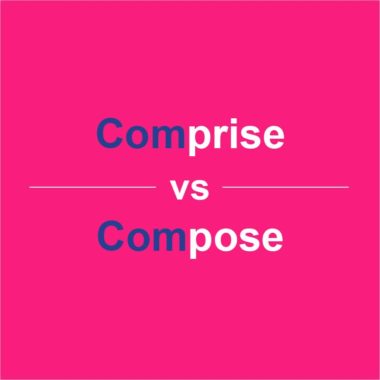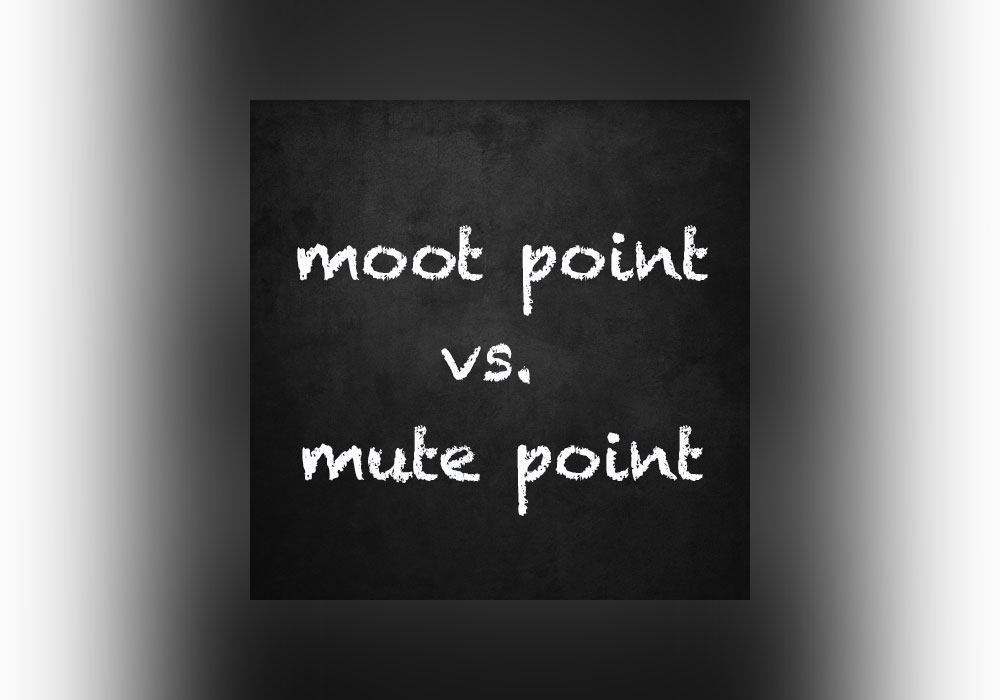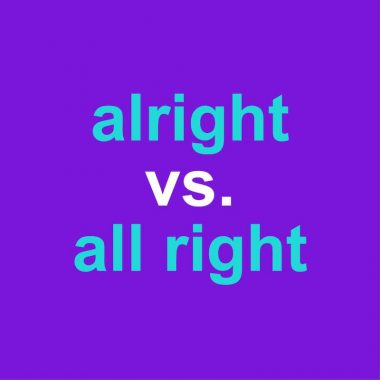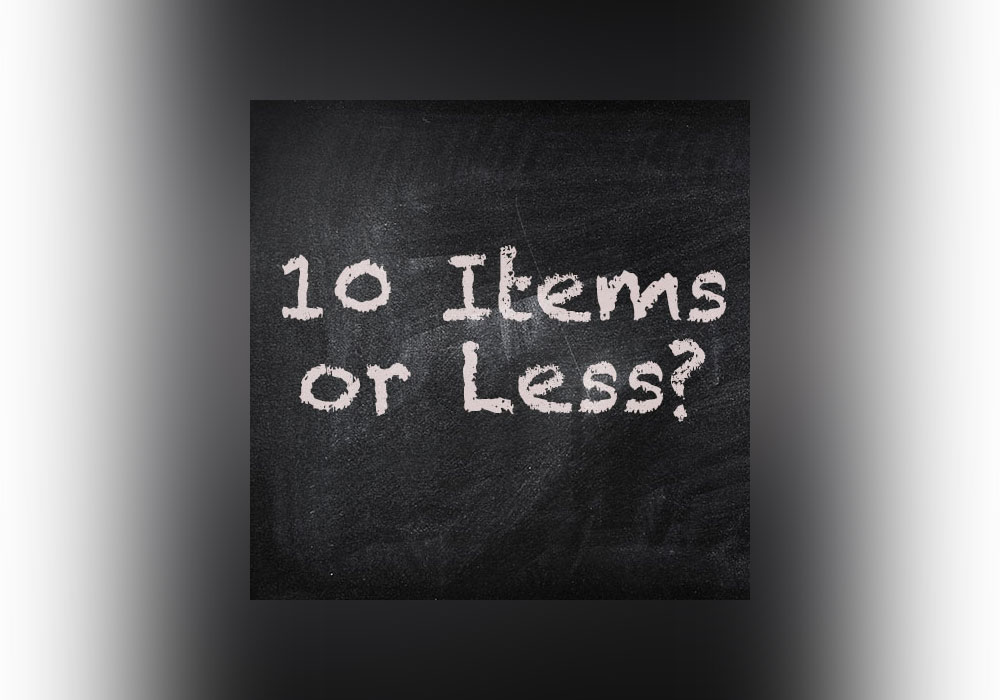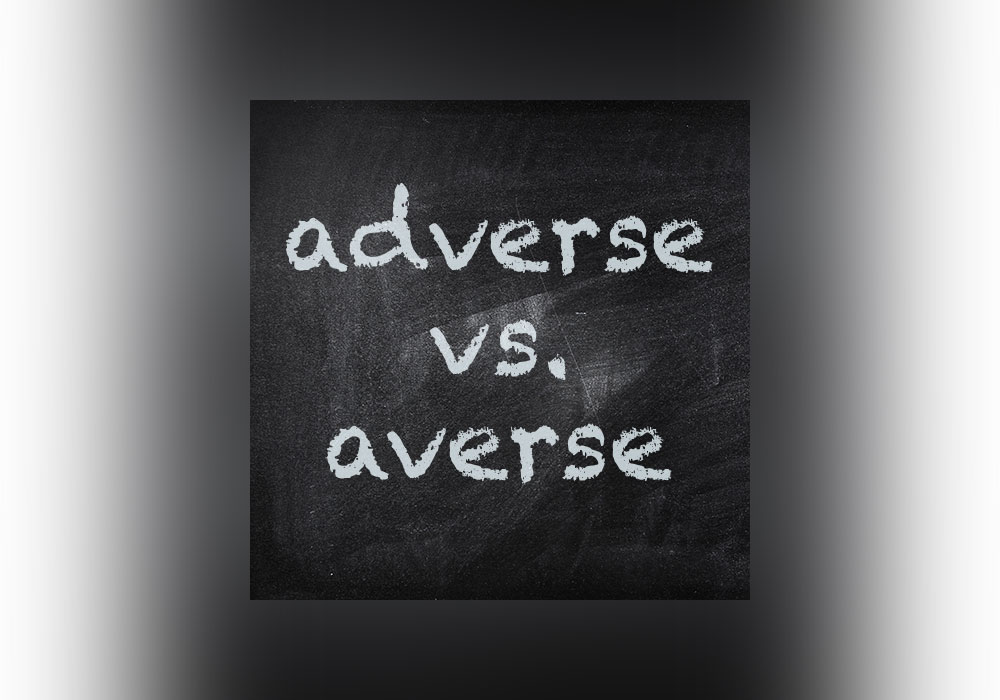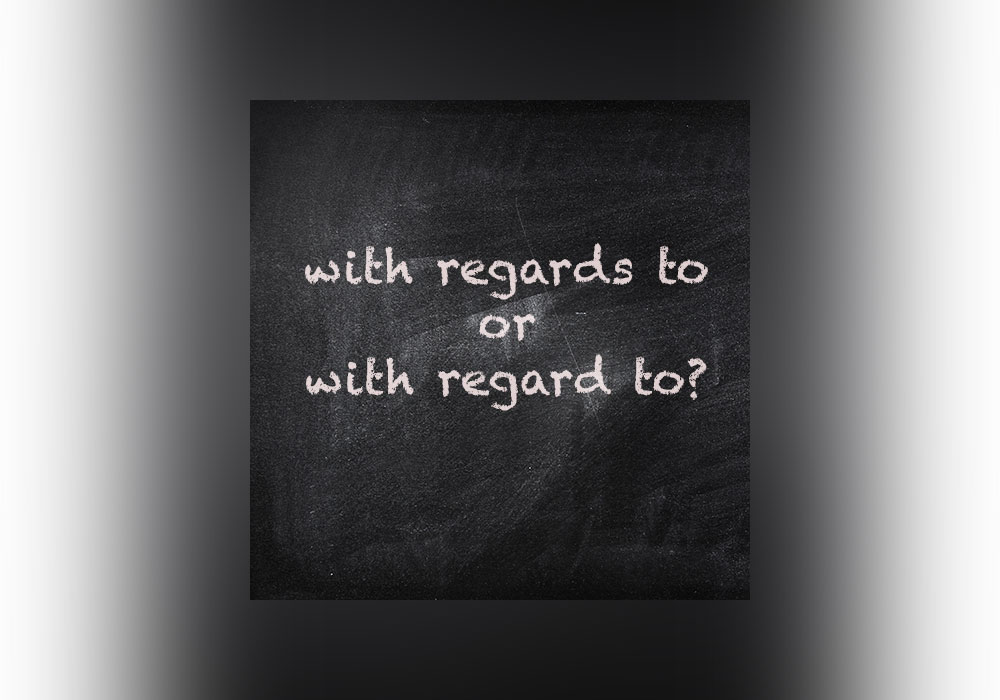Tag Archives: category-wordfacts
-
Comprise vs. Compose
English is comprised of many confusing words. Or is it … composed of many words? Case in point: comprise and compose look very similar and have very similar meanings, so it’s no surprise that it can be hard to keep these two straight. Let’s explore comprise and compose, how they are used, and how you can tell them apart. What do comprise and compose mean? The …
-
Moot Point vs. Mute Point
You may have heard coworkers or acquaintances refer to an inconsequential or irrelevant point as a moot point, or maybe you’ve heard mute point instead. Fans of the TV show Friends may have heard a third variation: moo point (because, according to Joey, a cow’s opinion doesn’t matter). But which expression is correct, and what exactly does it mean? The correct phrase is moot point. …
-
Bring vs. Take
Do you bring food to a party, or do you take food to a party? The terms bring and take are often confused, and for good reason. Both words describe the movement of something from one location to another.
-
“Alright” vs. “All Right”
Are all right and alright interchangeable? All right has a range of meanings including: “safe,” as in Are you all right? “reliable; good,” as in That fellow is all right. as an adverb, it means “satisfactorily,” as in His work is coming along all right. “yes,” as in All right, I’ll go with you. Is alright a real word? The form alright is a one-word …
-
Well vs. Good
Someone may have told you you were wrong for saying, I’m good, instead of the more formal I’m well. But is the response I’m good actually incorrect? Not technically. Let’s explore the rules and conventions for these two words.Well is often used as an adverb. Adverbs can modify verbs, adjectives, and other adverbs. Good is most widely used as an adjective, meaning that it can modify …
-
Fewer vs. Less
Misuse of the terms fewer and less will set off alarms in the heads of many language enthusiasts. According to usage rules, fewer is only to be used when discussing countable things, while less is used for singular mass nouns. For example, you can have fewer ingredients, dollars, people, or puppies, but less salt, money, honesty, or love. If you can count it, go for …
-
The Curious Chronicle Of The Letter C
The English language is infamously difficult in part because its spelling befuddles even native speakers as letters take on different sounds depending on what letters surround it. Few letters exemplify this trouble more than the third letter of the English alphabet: C. Think about these words: cease, coin, chic, indict, and discrepancy.
-
Let’s vs. Lets
In the comments of our Word Fact post about the difference between affect and effect, Carolyn K. wrote: Please, please, please, I beg you to do Lets vs. Let’s. Every sports team’s media/PR department does it wrong, and it drives me absolutely out of my mind! This lets us address another great topic, since these terms are often confused—let’s figure it out!
-
What’s The Difference Between “Adverse” vs. “Averse”?
What do adverse and averse mean? The adjectives adverse and averse are related. Both come from the Latin root vert- meaning “to turn.” In Latin the word adversus meant “turned toward” and “hostile” and is a direct root of adverse. Averse, on the other hand, emerges from the Latin word aversus, which meant “turned away.” Today, adverse is rarely used to describe people but rather to describe effects …
-
The Letter B Once Had A Much Longer Name
The letter B was part of the Phoenician alphabet more than 3000 years ago in 1000 BCE. At that time, the letter was called beth and looked a little different, but it made the sound of b and was second in the alphabet. The shape of the letter resembled the floor plan of a house, and the word beth meant “house.” This is pictured below. In Hebrew, the letter was called beth, bet, or bayt which also …
-
“With Regard to” vs. “With Regards to”
Recently a couple of readers wrote to Dictionary.com with an issue they had with one of our slideshows from a few years ago. They objected to the following sentence: “Speakers tend to use [obviously] … to emphasize their point with regards to things that aren’t necessarily obvious …” Our users told us that the phrases with regards to and in regards to are incorrect, and …

